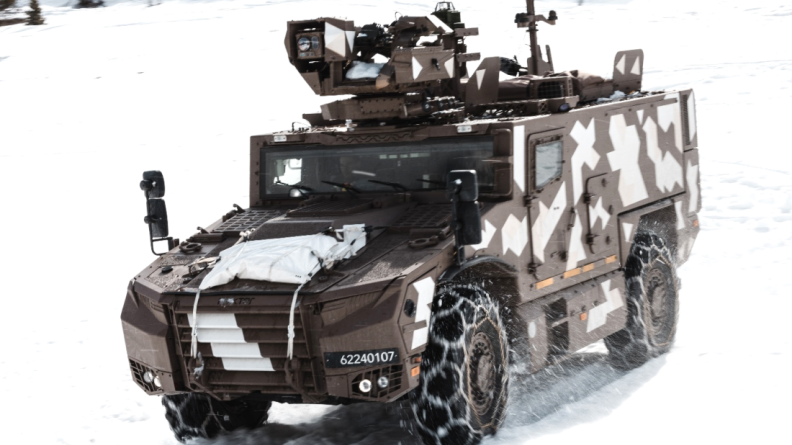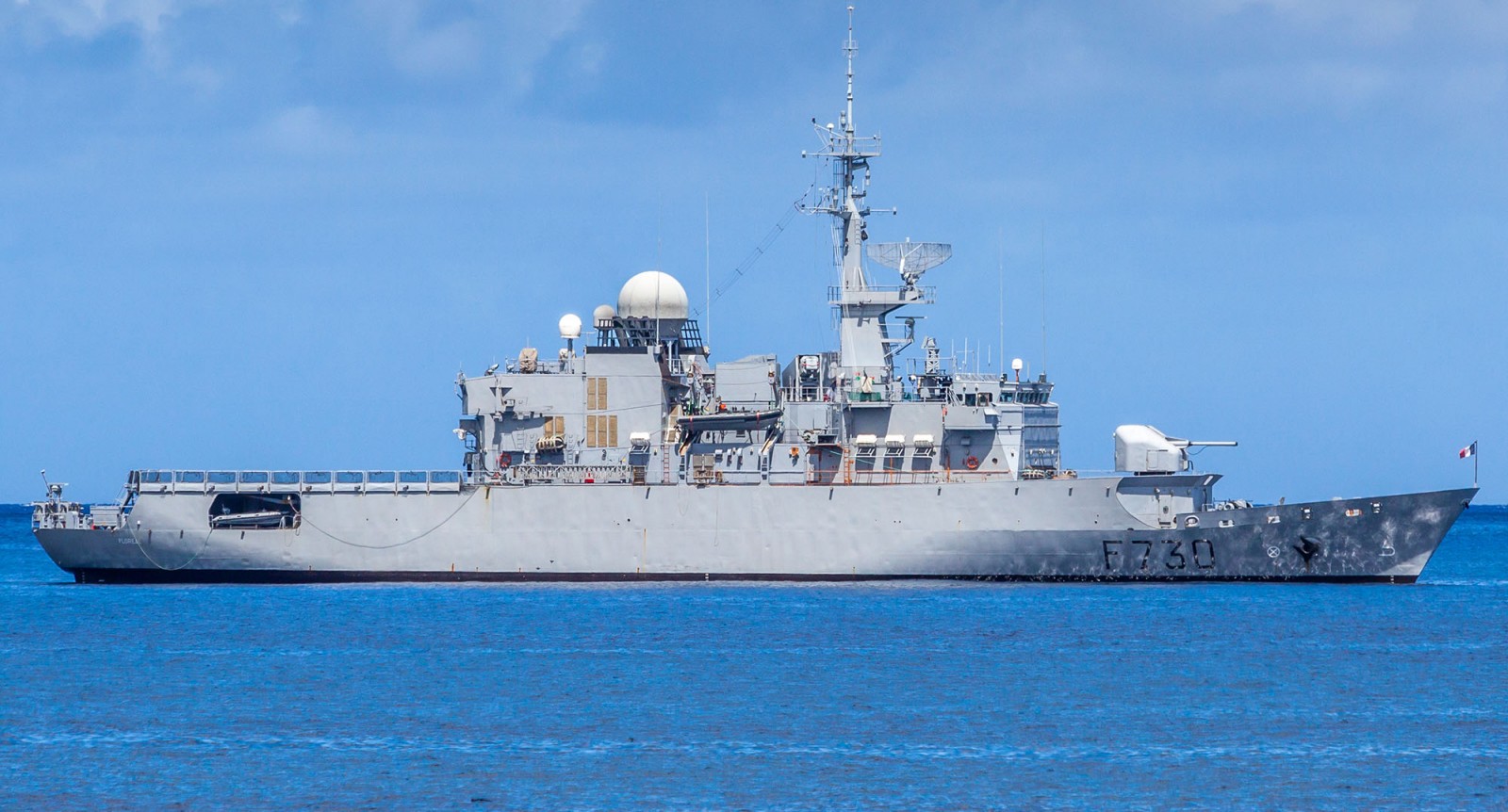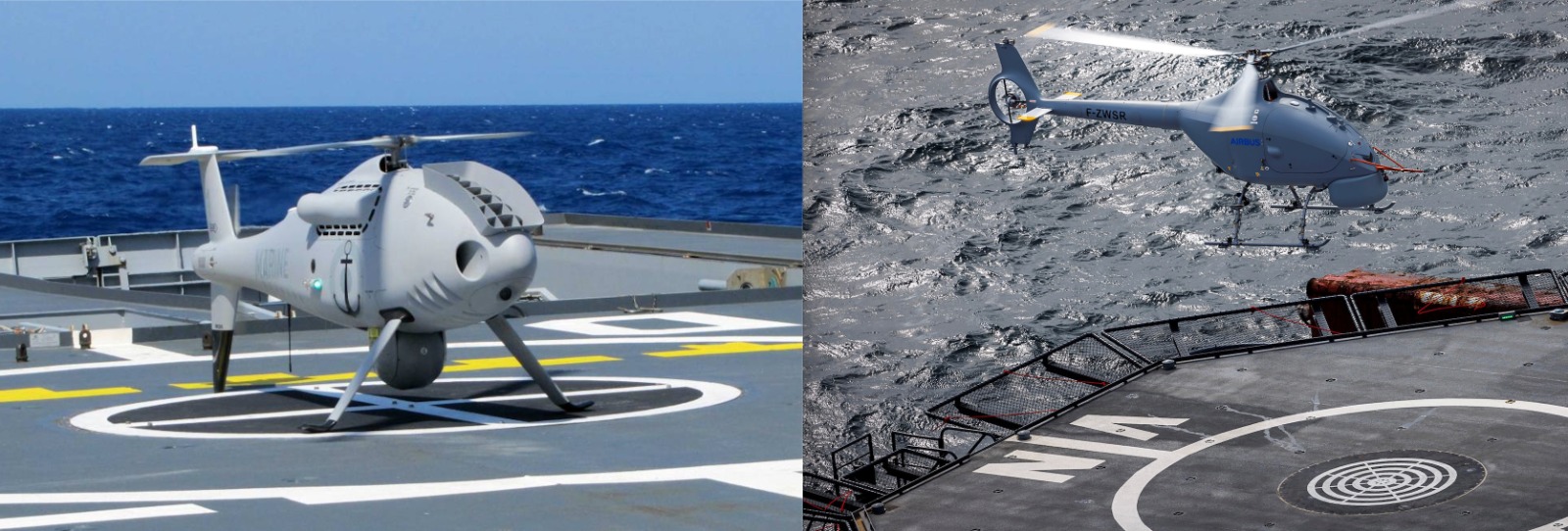Raymond Aron et le débat stratégique français: 1930-1966 (Raymond Aron and the French Strategic Debate 1930-1966) by Christian Malis, published by Editions Economica, 2005. The book gives a clear and edifying review of the works of Raymond Aron in the military and strategic fields.
Aron and the French strategic debate
Whilst inseparable from twentieth-century strategic thinking and the fundamental reflection which accompanied our nation’s efforts to provide itself with a credible and independent force de frappe (nuclear strike force), Raymond Aron was kept at a distance from direct political action. This occurred naturally during his period of apprenticeship, from the 1930s up to the middle of the war, but more emphatically so during the setting up of the force de frappe by de Gaulle, who was determined above all to provide France with a strong political trump card, regardless of technical considerations, alternative priorities or the pressures of alliances.
In a remarkable overview of the works of this ‘committed observer’, over a period of 35 years (1930-66), the author examines every turn of the French strategic debate. From the pacifist depression of the 1930s, when Raymond Aron became aware that ‘the rules of international politics were in large part dictated by the balance of power’, up to the great debate of the 1960s which clarified and defined the fundamentals of national nuclear policy; including, quite naturally, a serious examination of the causes of the defeat.(1) France’s status in an international environment, thoroughly disrupted to the detriment of Europe, the complex relations between France, the United States and the Atlantic Alliance, the circumstances of postwar recovery (priority being given to prosperity rather than rearmament), as well as the inescapable admission of uninterrupted abasement of the nation ‘since the defeat of 1870’, notwithstanding the success of Les Trentes Glorieuses(2) and General de Gaulle’s determined efforts to restore France to its ‘rank’.
The author offers us, moreover, a remarkably intelligent lesson on the strategic problems of today and tomorrow, notably in the nuclear field. A weapon for use, or for deterrence by the weak against the strong up to the point of suicide, but also of the strong against the ‘mad’, or, above all an eminently political tool; proliferation, miniaturisation, joint key control, the building of a united Europe, American leadership and national independence–all questions that are relevant today. Not forgetting conventional forces and anti-terrorist operations, ‘one of the century’s demiurges’, and the political absurdities of psychological warfare. Raymond Aron elaborates each consideration with clinical precision throughout his many books and thousands of articles in the daily press, Le Figaro for example, or in specialised periodicals like Défense Nationale. Throughout his book Malis refers to this enormous output with the serious attention to detail of a doctoral thesis. Future protagonists in the inevitable renewal of debate over the force de frappe and the strategic independence of France or Europe, and why not both, reading the works of Raymond Aron will have a remarkable source of reference, unencumbered by dross, fashionable theory or the political correctness of the moment.
Il reste 79 % de l'article à lire







